Asians are as backward as they are insecure. They copy the West onry to save face to look like they know what they’re doing, but sadly NFI.
Sad race, best avoid da place. If get stuck in these hermit kingdoms, it’s torture death cobber. So solly.
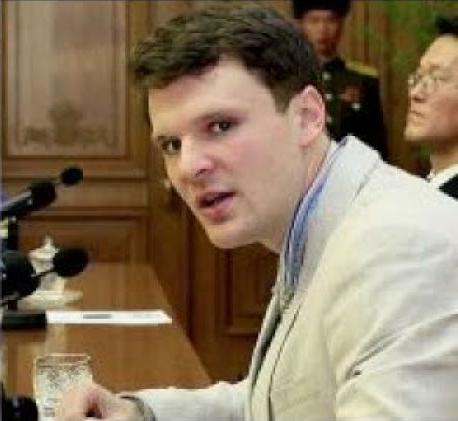 Otto Warmbier (22) a liberal adventurous American student who risked North Korea only to return tortured and brain-dead
Otto Warmbier (22) a liberal adventurous American student who risked North Korea only to return tortured and brain-dead
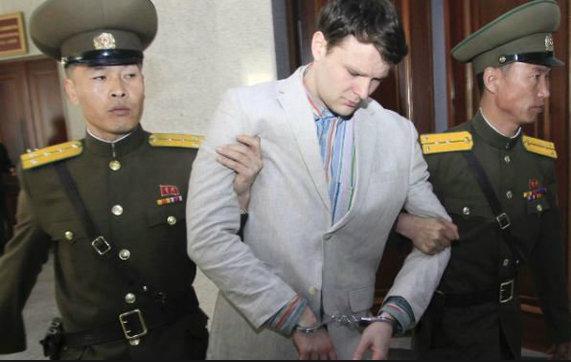 Chinese Nazi Occupation
Chinese Nazi Occupation
Before Otto, a generation prior and likely denied historical truth in totalitarian leftist curriculum – Chinese Nobel Peace Prize laureate Liu Xiaobo, a prominent democratic dissident since the 1989 Tiananmen Square pro-democracy protests, died on Thursday after being denied permission to leave the country for treatment for late-stage liver cancer. He died on Thursday from multiple organ failure, having not been allowed to leave the country for treatment for late-stage liver cancer.
Liu, 61, was jailed for 11 years in 2009 for “inciting subversion of state power” after he helped write a petition known as “Charter 08” calling for sweeping political reforms.
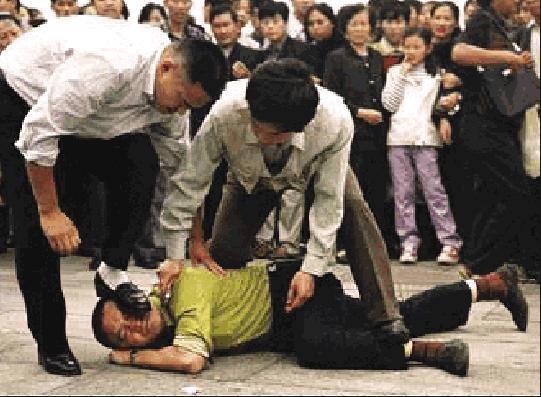
Otto was perhaps denied such historical truth in his classes.
Already seriously ill, Liu, a thorn in the ruling Communist Party’s side since he helped negotiate a deal to allow protesters to leave Tiananmen Square before troops and tanks rolled in, was moved last month from prison to a hospital in the northeastern city of Shenyang to be treated.
The Shenyang Bureau of Justice said in a brief statement on its website that Liu had suffered multiple organ failure and efforts to save him had failed. The hospital treating him confirmed in a separate statement the cause of death. Though allowed out on medical parole he was never freed, spending his final days in the hospital surrounded by security guards.
The leader of the Norwegian Nobel Committee which, to Beijing’s ire, awarded Liu the peace prize in 2010, said the Chinese government bore a heavy responsibility for his death.
“We find it deeply disturbing that Liu Xiaobo was not transferred to a facility where he could receive adequate medical treatment before he became terminally ill,” said former Norwegian Bar Association president Berit Reiss-Andersen.
China said at the time that Liu’s award was an “obscenity” that should not have gone to a man it called a criminal and a subversive.
Carl von Ossietzky, a pacifist who died in 1938 in Nazi Germany’s Berlin, was the last Nobel Peace Prize winner to live out his dying days under state surveillance.
Western governments criticised Beijing for not allowing him to seek treatment for his cancer overseas and called on China to loosen its restrictions on dissent.
“China has lost a deeply principled role model who deserved our respect and adulation, not the prison sentences to which he was subjected,” said US ambassador to China Terry Branstad.
Tsai Ing-wen, the president of self-ruled Taiwan which China regards as a wayward province, said on her Facebook page the island hoped China could now show self-confidence and promote political reform following Liu’s death. “Only through democracy, in which every Chinese person has freedom and respect, can China truly become a proud and important country,” she said.
In China, mention of Liu’s passing was swiftly officially removed from Weibo. State-run tabloid the Global Times said in an English-language editorial on its website early Friday morning that Liu’s last days were politicised by overseas forces.
Family friend and fellow dissident Hu Jia said the authorities would not let him die in peace.
“To some extent, this was an attempt by the party to show their strength, to show that they control your life if you live in China,” he said. “But I think the historic message they are leaving is very different. By letting a Nobel peace prize winner die in custody they lost a chance to show humanity and instead proved their cold-blooded nature.”
In the Chinese territory of Hong Kong, which enjoys broad freedoms not granted in mainland China, around 100 protesters gathered in silence outside Beijing’s representative office, some quietly sobbing and others with their heads.
Many held signs reading “The people’s hero, he’ll always be remembered,” “the murder of a dissident” and “free Liu Xia”.
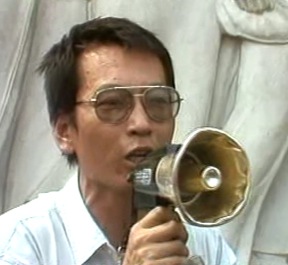
“What happened to Liu Xiaobo tells the whole world about the human rights situation in China,” said pro-democracy lawmaker Leung Kwok-hung.
How Liu Xiaobo died says a lot about modern China and the fears of modern Chinese leaders. The government in Beijing controls a nuclear weapons arsenal and throws its weight around in international affairs. Yet it was afraid to hear the democratic ideas advocated at great cost by a courageous man of conscience.
In 2009, Mr. Liu was sentenced to 11 years in prison, and even after he learned he had liver cancer in May, Chinese authorities refused to let him leave the country for treatment. So one of China’s most famous dissidents died on Thursday under guard in a Chinese hospital at age 61.
He was his country’s only Nobel Peace Prize laureate.
As is common in an increasingly repressive China, Mr. Liu was punished not for a crime, but for giving voice to the most basic human yearnings.
In 2008, Liu was a leader in drafting Charter 08, a constitutional reform manifesto that advocated respect for “universal values shared by all humankind,” including human rights, equality, freedom, democracy and the rule of law. The charter endorsed direct elections, judicial independence and an end to Communist Party dominance, and though it was on the internet only briefly before censors pulled it, it garnered 10,000 signatures.
The government accused Mr. Liu of “inciting subversion of state power,” but in fact the life of this multitalented scholar, writer, poet and social commentator was devoted to peaceful political change. During the 1989 pro-democracy demonstrations in Tiananmen Square, he staged a hunger strike, then negotiated a peaceful retreat of student demonstrators as thousands of soldiers stood by with rifles.
Mr. Liu was detained many times after that. Yet when Beijing pressed the Norwegian Nobel Committee not to honor him, the committee wisely awarded Mr. Liu the 2010 Peace Prize in recognition of “his long and nonviolent struggle for fundamental human rights in China.”
There are reasons to question whether the detention prevented him from being diagnosed early enough and from receiving medical treatment that could have extended his life. On Saturday as he weakened, two Western doctors who were allowed to examine him pronounced Mr. Liu fit to travel overseas for care, but still China refused, seeking to control the man and message until the end.
The authorities also ignored dozens of writers and Nobel laureates who signed petitions calling for Mr. Liu’s release. His final days were spent in a hospital under guard, unable to communicate with the outside world. Meanwhile, authorities filmed him lying still in his bed, then released the footage without his permission for propaganda purposes.
Western leaders, perhaps cowed by President Xi Jinping’s obvious distaste for hectoring on human rights, were unacceptably subdued before Mr. Liu’s death, mostly leaving comments about his case to lower-ranking officials.
Mr. Liu’s death is soul-crushing for his supporters, and there are no signs China will open the door to political reform anytime soon. Even so, there is reason to work for a different future. More than 34,000 people, most in China, recently signed an open letter demanding Mr. Liu’s freedom.
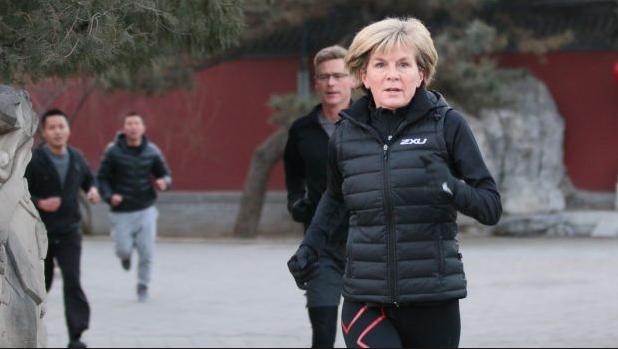 Julie Bishop shock: Closely monitored by Chinese Nazis
Julie Bishop shock: Closely monitored by Chinese Nazis
Good luck under totalitarian communism. Australia’s Foreign Minister and China suck hole Julie Bishop won’t save you, Cobber. She’s from Canberra and she was always in it for herself.
Our Australian grandfathers fought for democracy for the Koreans in 1951 with bugger all recognition. So hands up who got taught this in an Australian classroom?
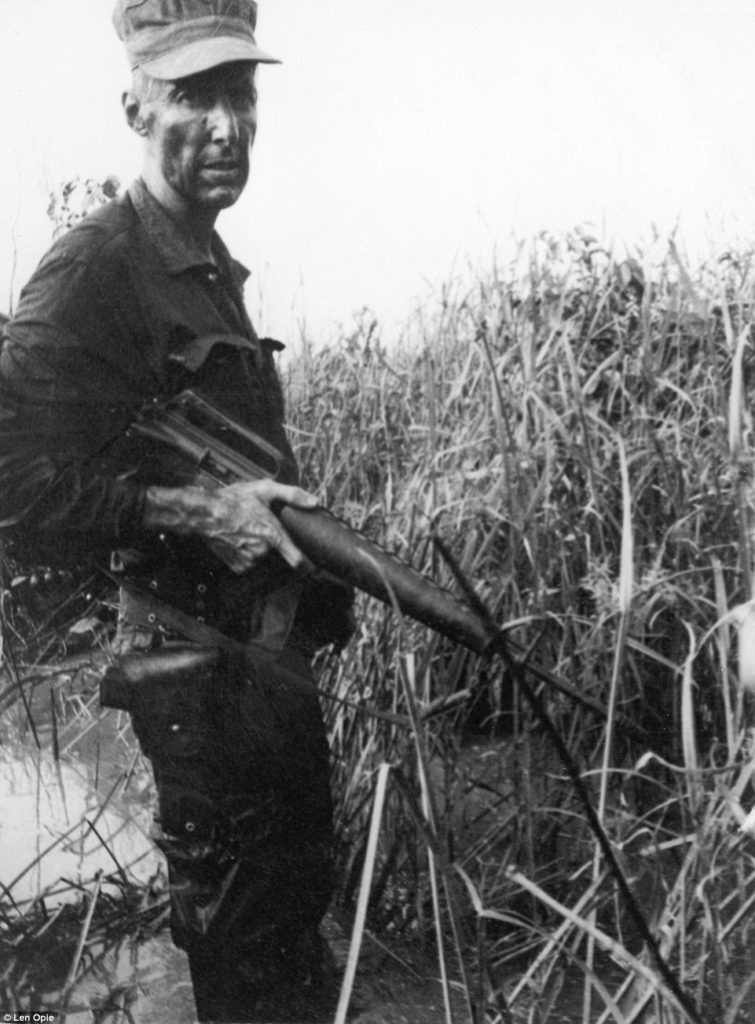
Aussie legend warrior, Len Opie, fought for Aussie freedom through three wars.
Here he is dressed in the black pyjamas worn by Vietnamese villagers during the Vietnam War with matching black face-paint, pistol, holster and rifle.
Opie won a Distinguished Conduct Medal (DCM) in Korea for almost single-handedly capturing an enemy position. Many thought he should have got a Victoria Cross (VC) – amazingly no Australian got a VC in the Korean War.
Leading a team of only six men he captured a hill known as ‘Hill 614’ that had held up the whole brigade of 3,000 men. The Chinese were well dug in and it was a very steep and well-fortified hill.
‘Len charged up the hill with his small group of men, using at least three different weapons along the way. They cleared out foxholes up the hill, killing Chinese soldiers as they went,’ according to the book’s author.
When they had reached the summit Opie was the only man standing. His only injury was a shrapnel wound in his hand from when a grenade went off close by. During the attack Opie used an Owen gun, a .303 he took from a dead Chinese soldier, a US Garand rifle, Mills bombs, Chinese grenades and an M1 carbine.
Opie’s won the DCM for his courage – the first awarded to an Australian soldier in Korea. Only five were awarded in the three-year war.
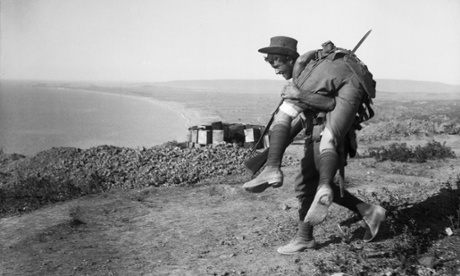
Lest We Forget Our Superior Forebears